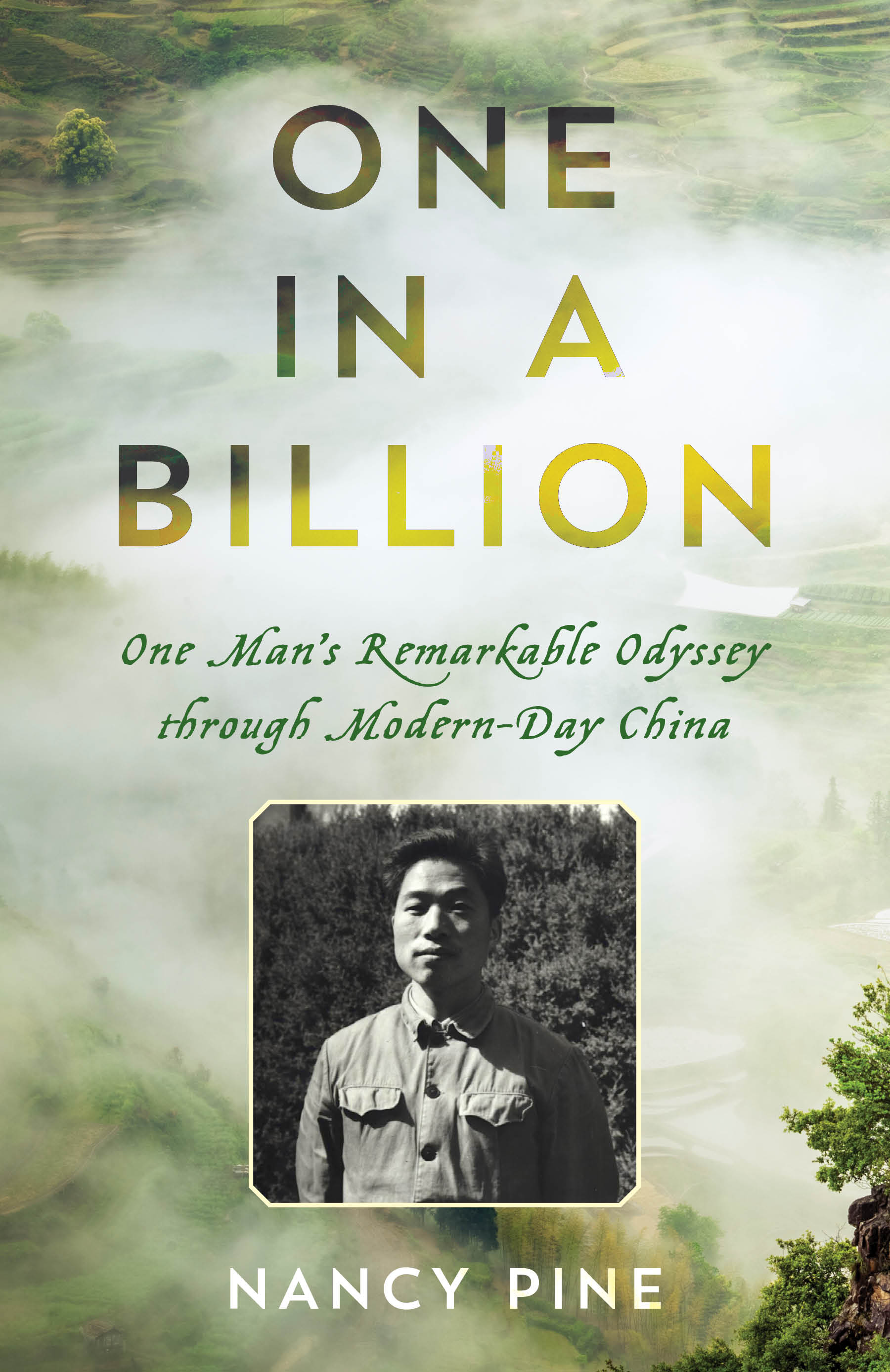My latest book, One in a Billion: One Man’s Remarkable Odyssey in Modern-Day China, tells the powerful story of An Wei, a stubborn, hardworking peasant who has lived by his values and stood up for his convictions. Succeeding against all odds in the authoritarian environment of China and despite grinding poverty, reeducation campaigns and dishonest officials, he continues to inspire with daring achievements, such as launching a democratic congress in his village. The following excerpt describes the beginning of that courageous endeavor.
An Wei ran his hand across the top of his Lenovo Thinkpad to clean off the day’s dust. It was summer 2003, and he was now the leader of An Shang village.
A donkey brayed in the distance as he looked through the tattered notebook where he had recorded villagers’ complaints and suggestions. It was obvious the farmers felt hopeless about village affairs. They hated corruption, but they didn’t know how to get rid of it. He needed to do something to help them create a reliable government. But what?
An Wei began scrolling through documents on his computer hunting for one he knew existed.
“Bylaws,” he muttered. “It was certainly a document about bylaws.” After an hour on his slow internet connection, he found it—The Organic Law of the Villagers Committees of the People’s Republic of China—passed by the National People’s Congress in 1998.
An Wei read it carefully. The more he read, the more he realized he had found the key to a better village—a national law that encouraged democracy in rural areas.
The words could not be clearer.
With the village Communist Party members gathered in a courtyard, An Wei introduced it to them and began to read. They had never heard of it.
“The Villagers Committee is the primary mass organization of self-government, in which the villagers manage their own affairs….” One section said the Villagers Committee should have an open administration and show its financial records. It should also “accept supervision by the villagers.”
In the weeks that followed, the village had neighborhood meetings to discuss the law and how it might apply to them. An Wei knew they would need to follow the law precisely. It said rural villages could decide their own government structure. But he knew not everyone would like such a radical change. Somewhere, somehow people would object. Since Tiananmen Square, the nation’s leaders had stopped talking about a democratic system, although they had not openly opposed it. Still that document was a national law, so the village could use it.
After several months filled with discussions and decisions including how to have fair representation, elected delegates from the five village neighborhoods climbed the stairs to the large classroom in the old school.
The delegates took their places at the battered desks and paged through the information handouts. An Wei checked that the cameraman they had hired was ready and walked to the front of the room. He straightened his papers, looked at the assembled group and opened the preparatory meeting for the delegates of the first An Shang Villagers Congress.
In the midst of An Wei’s explanation of their responsibilities, the town governor, administrator for An Shang and all the surrounding villages, walked in.
He asked An Wei to step outside.
“We advise you not to hold this meeting. It is illegal.” The governor’s face was drawn tight.
“Why?” An Wei asked. “It is just like the People’s Congress. It is based on the national government model.”
“Elections cannot be held at such a meeting. They can only be held at a villagers’ mass rally that everyone attends.”
“That’s impossible,” An Wei said.
He knew a villager would be cowed by this powerful man. But he was not going to give in. He continued. “Many villagers work in cities. The Villagers Congress solves this problem by electing delegates to represent every fifteen families.”
“You make things too open. You are affecting the enthusiasm of leaders in other villages,” the governor responded.
An Wei kept his voice steady, his fury controlled. “We are doing it our way; they can do it their way.” He knew exactly what the governor was alluding to. If An Shang made every decision with a public vote, if they made the village accounting open to everyone, the leaders would have no way to grab personal benefits.
The governor seemed desperate. “On hearing what you are doing, some village leaders want to resign.”
An Wei kept his tone respectful. “That is not our business.”
He added, “Right now we are having the preparatory meeting for the Villagers Congress. I will relay your message to the delegates.” If the villagers decide not to hold the congress, then of course tomorrow’s meeting will be cancelled. If they insist on having it, there is no way to stop them. He added, “According to the national law, the town government can only advise our delegates. You cannot impose your will on them.”
An Wei turned toward the classroom door. “We sent you an invitation a week ago. We welcome your presence at the opening session tomorrow.”
Back in the meeting, An Wei said, “Just now the town leader said we should not hold the Villagers Congress. What’s your opinion?”
The delegates did not hesitate. They were anxious to launch the congress. They agreed to proceed.




